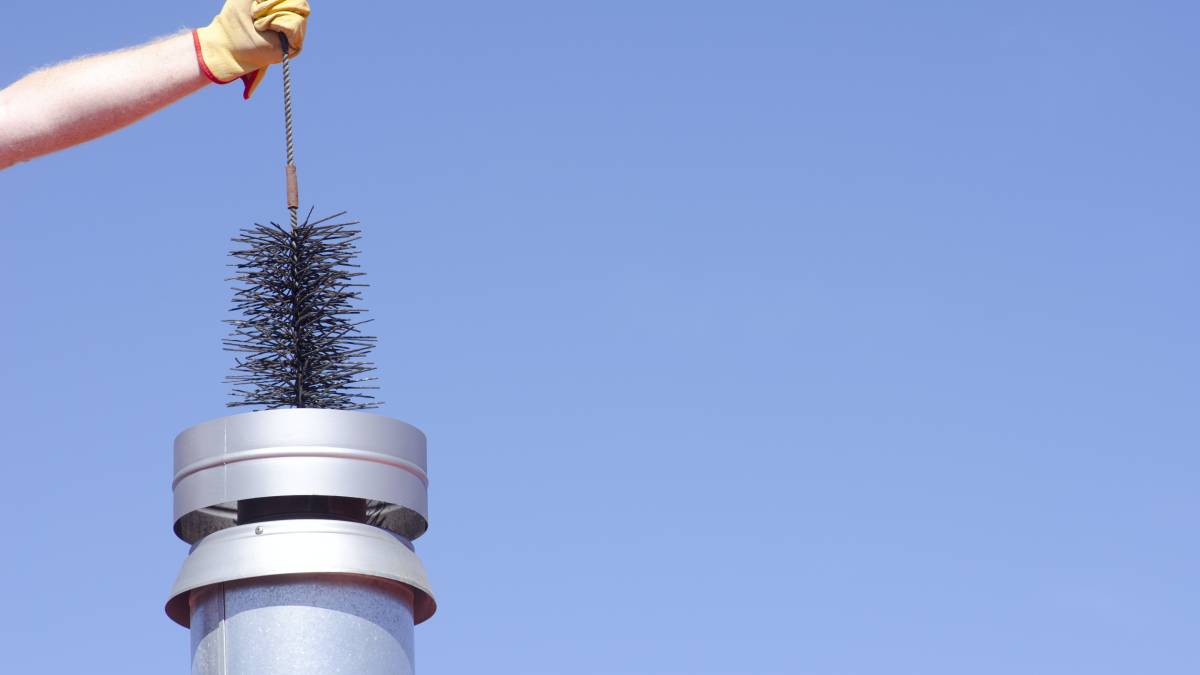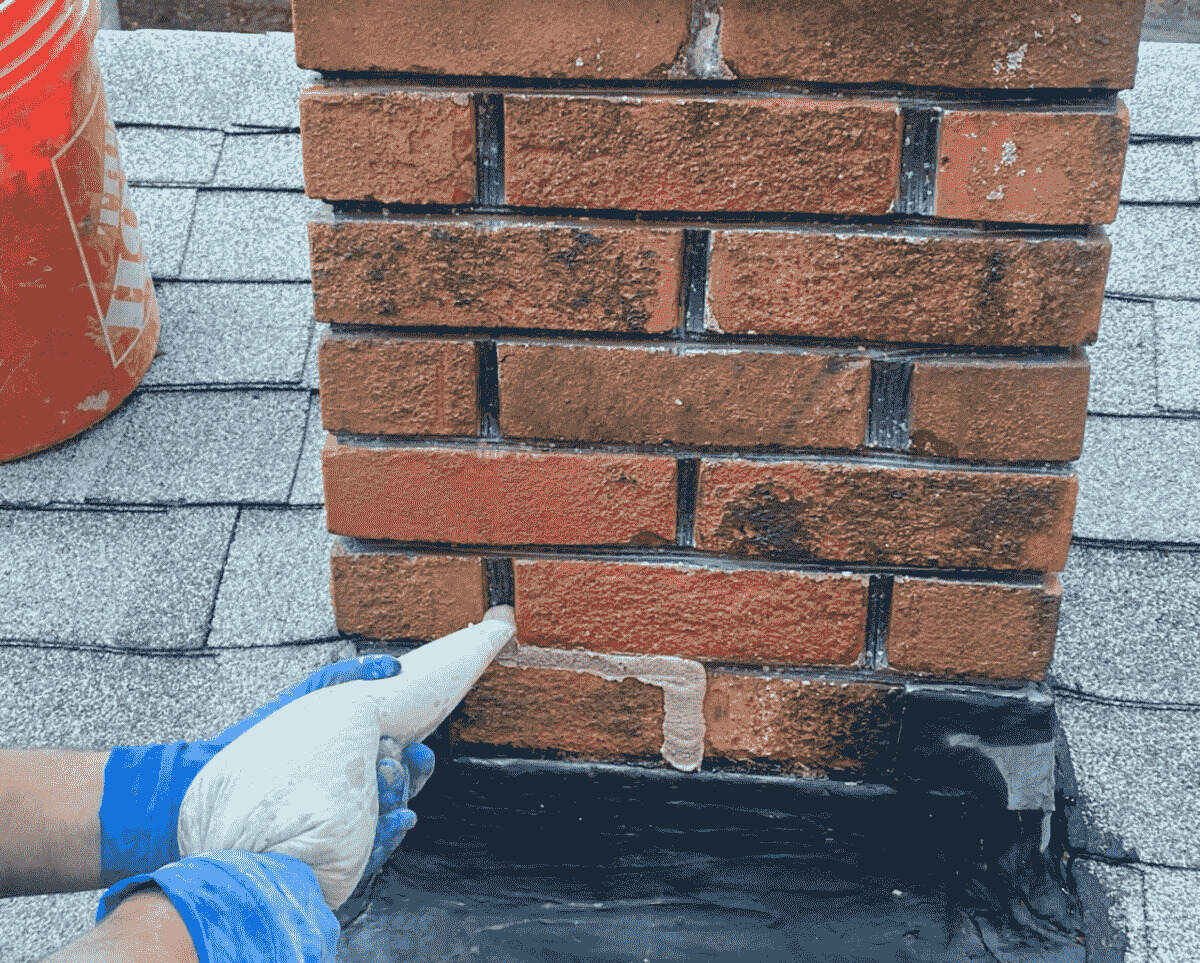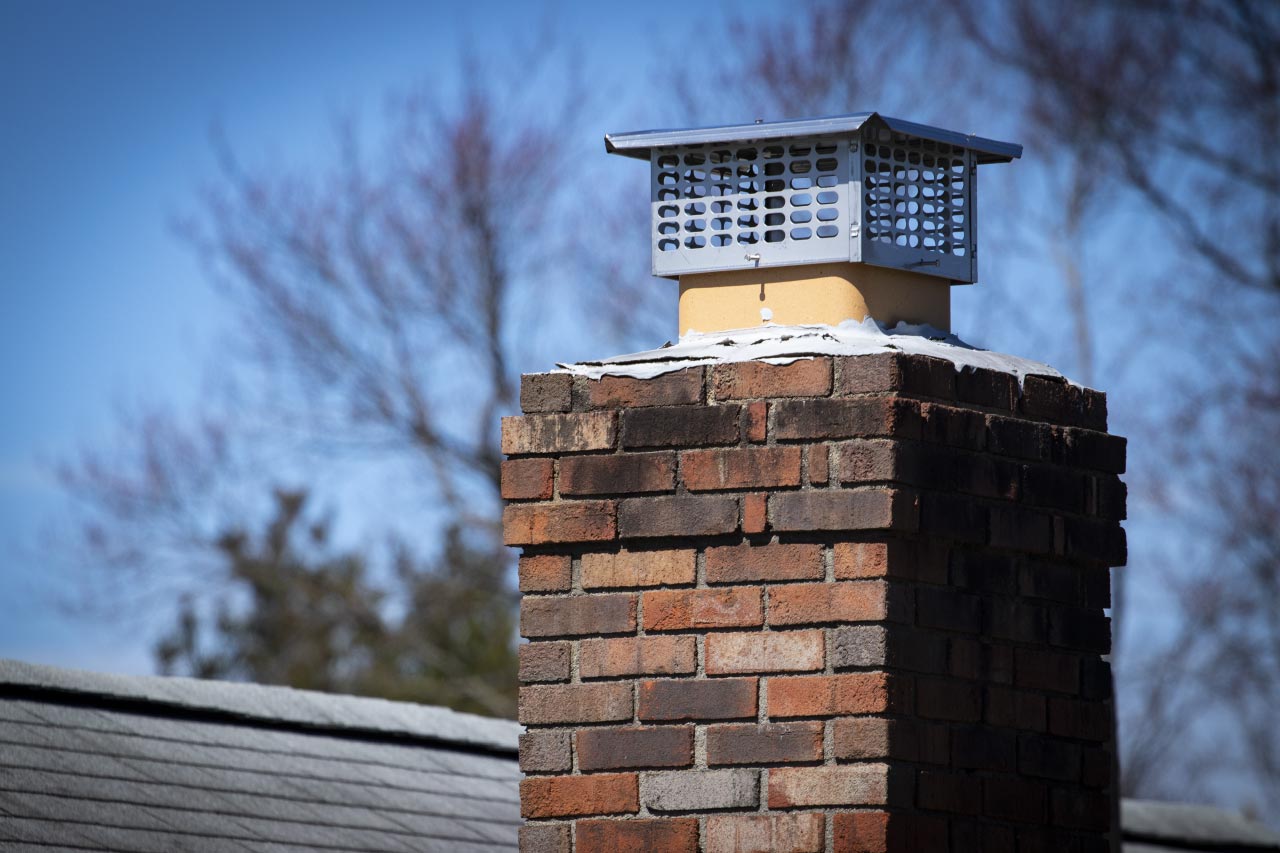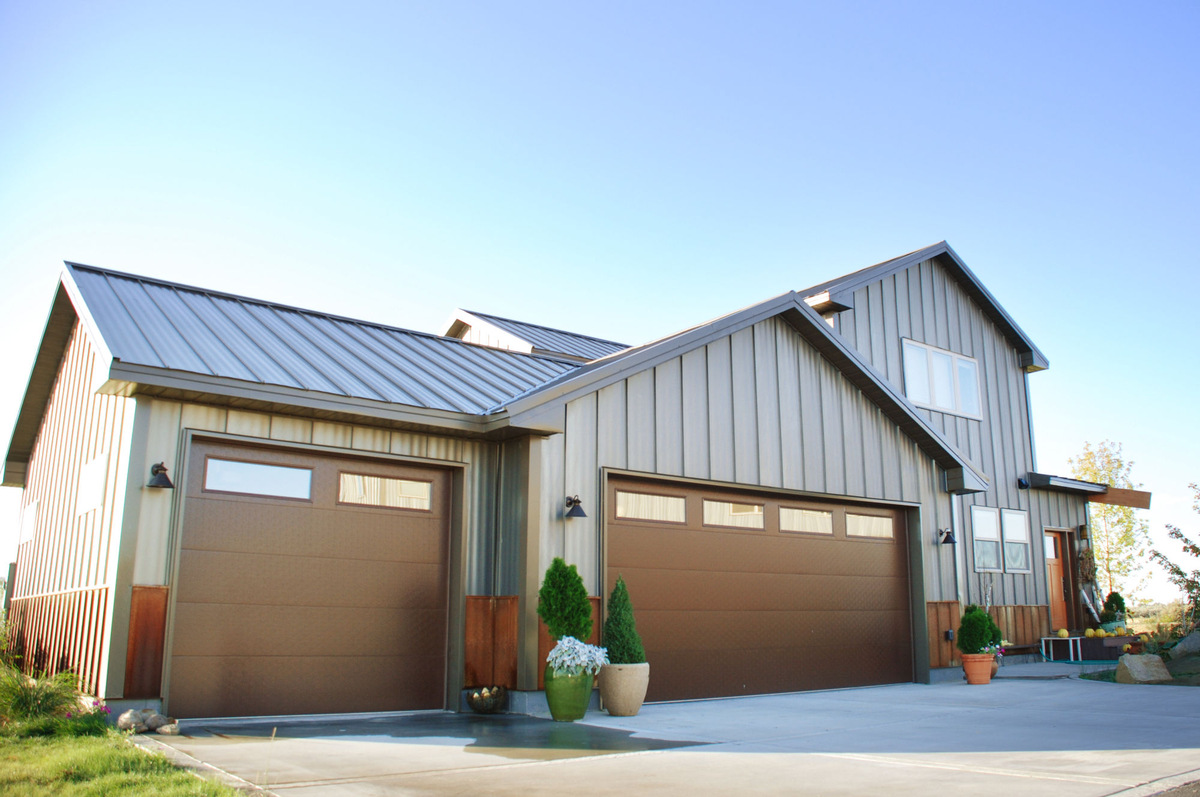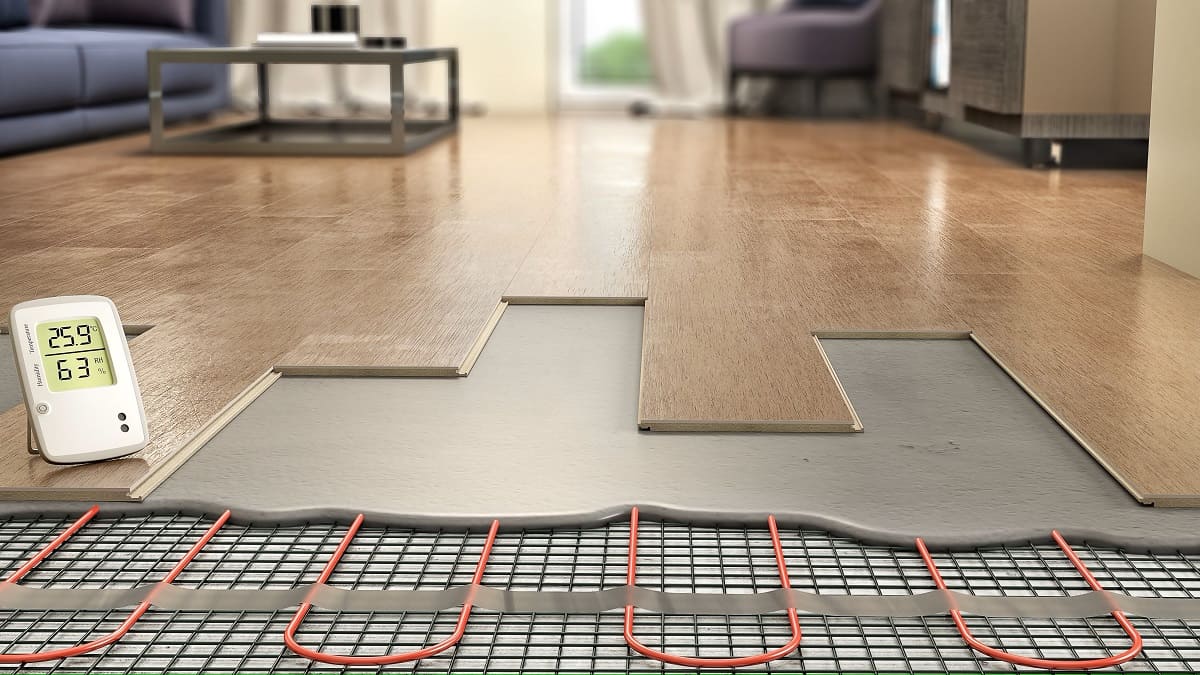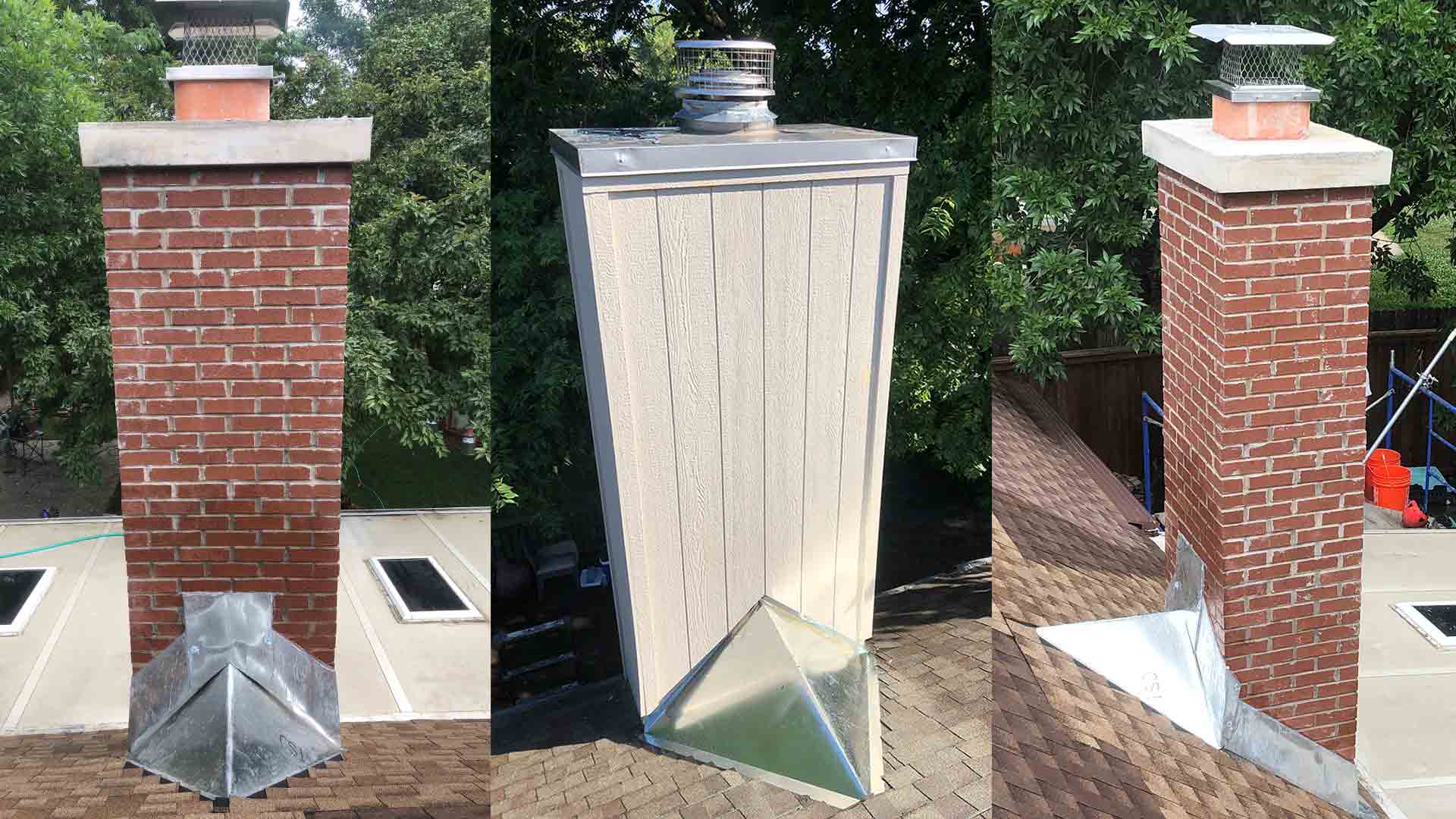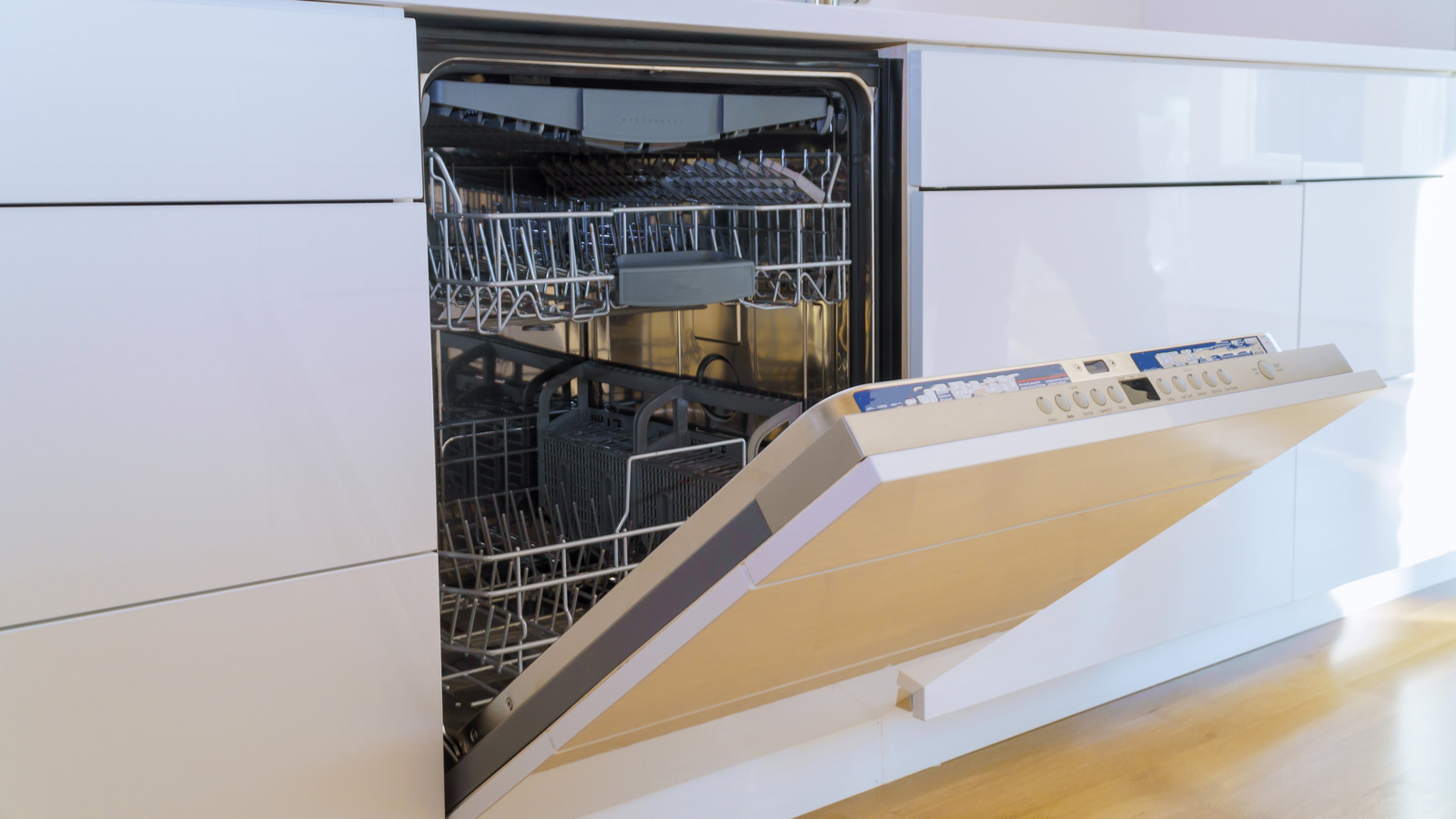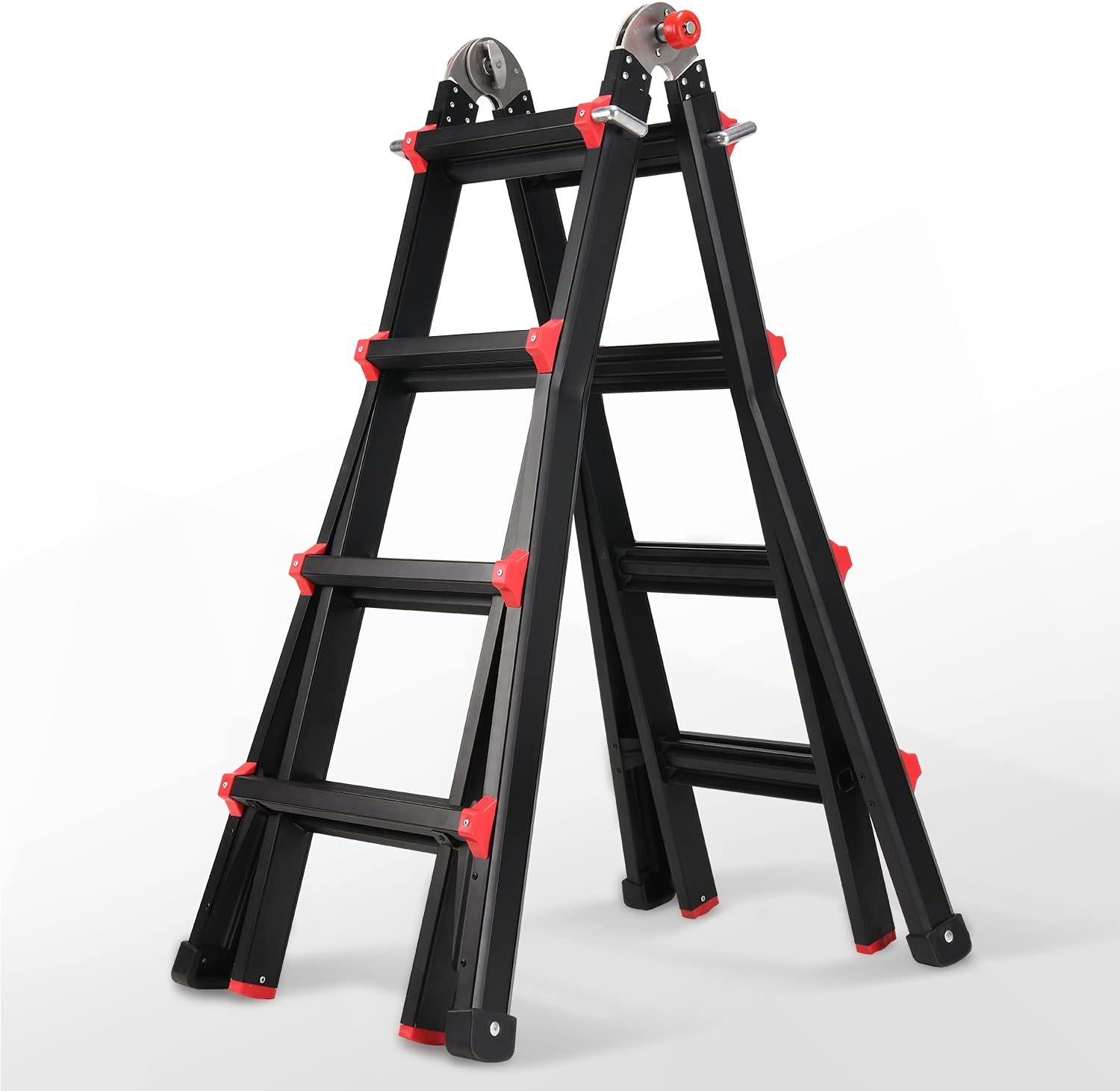Home>Home Maintenance>How Much Does Wheel Bearing Repair Cost
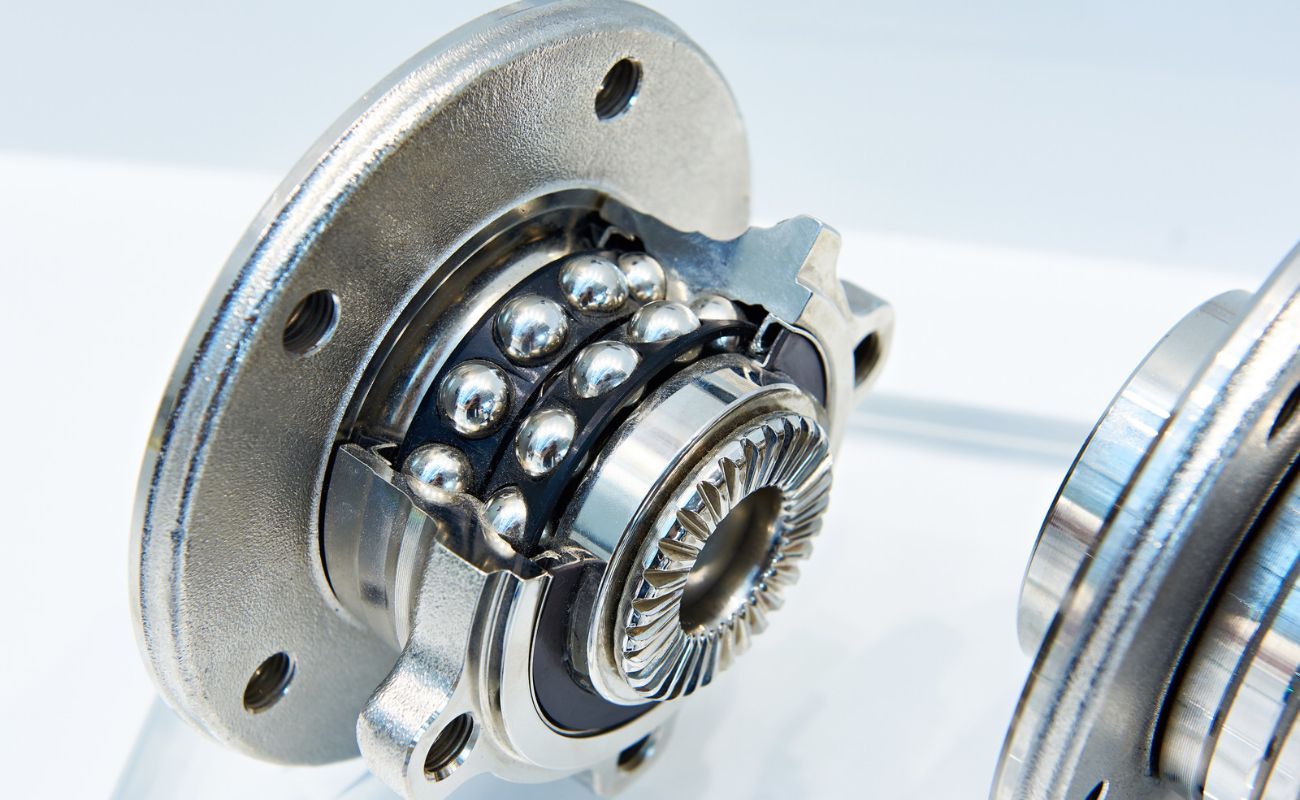

Home Maintenance
How Much Does Wheel Bearing Repair Cost
Modified: March 6, 2024
Find out the average cost of wheel bearing repair for your home maintenance needs. Get expert insights and tips to save money on this essential repair.
(Many of the links in this article redirect to a specific reviewed product. Your purchase of these products through affiliate links helps to generate commission for Storables.com, at no extra cost. Learn more)
Introduction
Welcome to our comprehensive guide on wheel bearing repair costs. Your vehicle’s wheel bearings play a critical role in the smooth and safe operation of your car. These small, but crucial components allow your wheels to rotate freely, reducing friction and enabling efficient movement. However, over time, wheel bearings can wear out or become damaged, resulting in various issues such as noise, vibrations, and compromised vehicle handling.
In this article, we will help you understand the importance of wheel bearings, identify the signs of a faulty wheel bearing, discuss the factors that can affect the cost of repair, and weigh the pros and cons of DIY versus professional repair. Additionally, we will provide you with an estimate of the average cost of wheel bearing repair.
Whether you are a car owner looking to stay informed or a DIY enthusiast planning to tackle the repair project yourself, this guide will equip you with all the necessary information to make informed decisions about wheel bearing repair costs.
Key Takeaways:
- Don’t ignore strange noises or vibrations from your car – they could be signs of faulty wheel bearings. Prompt repairs can prevent accidents and costly damages.
- Consider professional repair for wheel bearings – it may cost more upfront, but it can save you money in the long run and provide peace of mind.
Read more: How Much Does Chimney Inspection Cost
Understanding Wheel Bearings
Before delving into the cost of repairing wheel bearings, it’s essential to have a basic understanding of what they are and how they function. Wheel bearings are small, circular, and metallic components located within the hub assembly of each wheel.
The primary function of a wheel bearing is to facilitate smooth rotation of the wheel. They enable the wheel to rotate at high speeds with minimal friction, allowing for efficient and safe vehicle movement. Without properly functioning wheel bearings, your vehicle’s wheels could seize or become misaligned, greatly compromising the overall performance and safety of the vehicle.
Wheel bearings consist of an outer race, an inner race, and a set of small metal balls or rollers, which are enclosed in a protective casing. The balls or rollers make it possible for the inner and outer races to rotate independently of each other while maintaining a smooth and frictionless movement. Additionally, wheel bearings are packed with grease to reduce friction and dissipate heat generated during operation.
It’s important to note that wheel bearings require regular maintenance and occasional replacement. Over time, the constant rotation, exposure to heat and moisture, and general wear and tear can cause the bearings to deteriorate. When this happens, it’s crucial to address the issue promptly to prevent further damage to your vehicle and ensure your safety on the road.
Signs of a Faulty Wheel Bearing
Identifying the signs of a faulty wheel bearing is crucial, as timely detection can help prevent further damage and ensure your safety on the road. Here are some common signs to watch out for:
- Noise: One of the most common indicators of a faulty wheel bearing is unusual noise coming from your wheels. This can range from a noticeable hum or rumble to a grinding or growling sound. Typically, the noise will increase in volume as you accelerate and may change or disappear when you make turns.
- Vibration: Faulty wheel bearings can cause vibrations in your vehicle. If you feel excessive vibrations, especially in the steering wheel or floorboards, it could be a sign that the wheel bearings need attention.
- Uneven Tire Wear: When wheel bearings are worn or damaged, they can cause uneven tire wear. If you notice that your tires are wearing down unevenly or more quickly than usual, it may indicate a problem with the wheel bearings.
- Poor Vehicle Handling: Faulty wheel bearings can affect the overall handling and stability of your vehicle. You may notice that your car feels loose or wobbly, especially when making turns or navigating rough roads.
- ABS Light: In some cases, a faulty wheel bearing can trigger the ABS (Anti-lock Braking System) warning light on your dashboard. If this light illuminates, it’s essential to have your vehicle inspected.
If you experience any of these signs, it’s crucial to have your wheel bearings inspected and repaired as soon as possible to prevent further damage and ensure your safety on the road. Ignoring or delaying wheel bearing repairs can lead to more severe issues, such as wheel misalignment or even wheel detachment, which can result in accidents and costly damages.
Cost Factors for Wheel Bearing Repair
The cost of wheel bearing repair can vary depending on several factors. Understanding these factors can give you a clearer picture of what to expect when it comes to the overall cost of the repair. Here are some key cost factors to consider:
- Vehicle Make and Model: The make and model of your vehicle can influence the cost of wheel bearing repair. Some vehicles may have more complex wheel bearing systems or require specialized parts, which can increase the overall cost.
- Extent of Damage: The severity of the damage to the wheel bearings can also impact the cost. Minor issues may only require bearing repacking or adjustment, which is generally less expensive. However, if the bearings are severely damaged or worn out, they may need to be completely replaced, which can be more costly.
- Labor Costs: Labor costs can vary depending on the auto repair shop’s location, reputation, and expertise. Keep in mind that some wheel bearing repairs may require more time and expertise, which can result in higher labor costs.
- OEM vs. Aftermarket Parts: The choice between using Original Equipment Manufacturer (OEM) parts or aftermarket parts can affect the overall cost. OEM parts are typically more expensive but are designed specifically for your vehicle. Aftermarket parts, on the other hand, are usually less expensive but may not offer the same level of quality or warranty.
- Additional Repairs: In some cases, additional repairs or components may be required alongside wheel bearing replacement. For example, if the hub assembly or CV joints are damaged, they may need to be repaired or replaced as well, which could add to the overall cost.
It’s important to consult with a trusted mechanic or auto repair shop to assess the specific needs of your vehicle and receive an accurate estimate for the cost of wheel bearing repair. They can take into account these factors and provide you with a detailed breakdown of the expected costs, allowing you to make an informed decision about the best course of action.
When getting a wheel bearing repaired, it’s important to get multiple quotes from different mechanics to ensure you’re getting a fair price. Prices can vary depending on the make and model of your car, so it’s best to shop around for the best deal.
DIY vs Professional Repair Costs
When it comes to wheel bearing repair, you have the option to either tackle the job yourself or seek professional assistance. Both options have their own advantages and considerations when it comes to cost.
DIY:
Doing the wheel bearing repair yourself can potentially save you money on labor costs. However, there are a few factors to consider before taking on the task:
- Tools and Equipment: DIY wheel bearing repair requires specific tools and equipment. If you don’t already have these tools, you’ll need to purchase or rent them, which can add to the overall cost.
- Knowledge and Experience: Properly replacing wheel bearings requires a certain level of mechanical knowledge and experience. If you’re not confident in your abilities or have never done this type of repair before, it may be best to leave it to the professionals to avoid potential mistakes.
- Time and Effort: DIY repairs can take significantly longer than professional repairs, especially if you’re not familiar with the process. Consider your own availability and the time commitment involved in completing the repair before deciding to tackle it yourself.
Professional Repair:
Opting for professional wheel bearing repair provides several benefits:
- Expertise and Experience: Certified mechanics have the knowledge and experience to properly diagnose and repair wheel bearing issues. They can ensure that the repair is done correctly, reducing the risk of further damage or complications down the road.
- Warranty: Reputable auto repair shops often provide warranties on their work, giving you peace of mind knowing that you’re covered in case of any unforeseen issues.
- Time-saving: Professionals have the necessary tools and equipment and can complete the repair more efficiently. This means less time spent on the repair and more time enjoying the use of your vehicle.
While professional repair may come at a higher cost upfront, it may save you money in the long run by avoiding potential mistakes and ensuring a proper repair. Additionally, the warranty provided by professionals can offer added protection and value.
Ultimately, the decision between DIY and professional repair depends on your comfort level, available time, and the complexity of the repair. If you’re confident in your abilities and have the necessary tools and knowledge, DIY may be a cost-effective option. However, if you’re unsure or prefer the expertise and convenience of professional repair, it’s worth considering the investment.
Read more: How Much Does It Cost To Replace A Chimney
Average Cost of Wheel Bearing Repair
The average cost of wheel bearing repair can vary depending on the factors mentioned earlier. However, to give you a general idea, the cost typically ranges between $200 and $500 per wheel. Keep in mind that this is an estimate, and the actual cost can vary based on your specific circumstances.
Here is a breakdown of the potential costs involved in wheel bearing repair:
- Parts: The cost of wheel bearing parts can vary depending on the make and model of your vehicle and whether you choose OEM or aftermarket parts. On average, you can expect to spend around $50 to $150 per wheel for the necessary bearings.
- Labor: Labor costs are an essential component of wheel bearing repair expenses. The amount of time required for the repair can depend on the complexity of the job and the mechanic’s hourly rate. Typically, labor costs can range from $150 to $350 per wheel.
- Additional Repairs: If additional components such as hub assemblies or CV joints need to be replaced, this can add to the overall cost. The cost of these additional repairs will vary depending on the specific parts needed and labor involved.
- Taxes and Fees: It’s worth noting that taxes and any additional fees charged by the auto repair shop should also be considered when calculating the total cost of wheel bearing repair.
It’s important to obtain a detailed estimate from a reputable mechanic or auto repair shop, as they can provide a more accurate assessment of the cost based on your vehicle’s make, model, and specific repair needs.
Remember that prioritizing safety and quality is crucial when it comes to wheel bearing repair. Choosing a reputable mechanic and investing in high-quality parts will help ensure that the repair is done correctly and can prolong the lifespan of your wheel bearings.
Ultimately, addressing wheel bearing issues promptly and getting the necessary repairs done can help you avoid more significant problems down the road and ensure a smooth and safe driving experience.
Conclusion
Understanding the cost of wheel bearing repair and the factors that influence it is essential for every vehicle owner. By recognizing the signs of a faulty wheel bearing, you can address the issue promptly, preventing further damage and ensuring your safety on the road.
When considering wheel bearing repair, it’s important to weigh the pros and cons of DIY versus professional repair. While DIY can save you money on labor costs, professional repair offers the expertise, efficiency, and warranty that can provide peace of mind and long-term value.
The average cost of wheel bearing repair can range from $200 to $500 per wheel, depending on factors such as parts, labor, and additional repairs. Consulting with a trusted mechanic or auto repair shop will help you understand the specific costs associated with your vehicle and ensure a proper repair job.
Prioritizing safety and investing in high-quality parts and professional expertise is crucial when it comes to wheel bearing repair. By making informed decisions and addressing wheel bearing issues promptly, you can prevent more significant problems and enjoy a smooth and safe driving experience.
We hope this comprehensive guide has provided you with valuable insights into the cost of wheel bearing repair. Remember, regular maintenance and early detection of potential issues are key to prolonging the lifespan of your wheel bearings and maintaining the overall performance of your vehicle.
Frequently Asked Questions about How Much Does Wheel Bearing Repair Cost
Was this page helpful?
At Storables.com, we guarantee accurate and reliable information. Our content, validated by Expert Board Contributors, is crafted following stringent Editorial Policies. We're committed to providing you with well-researched, expert-backed insights for all your informational needs.
